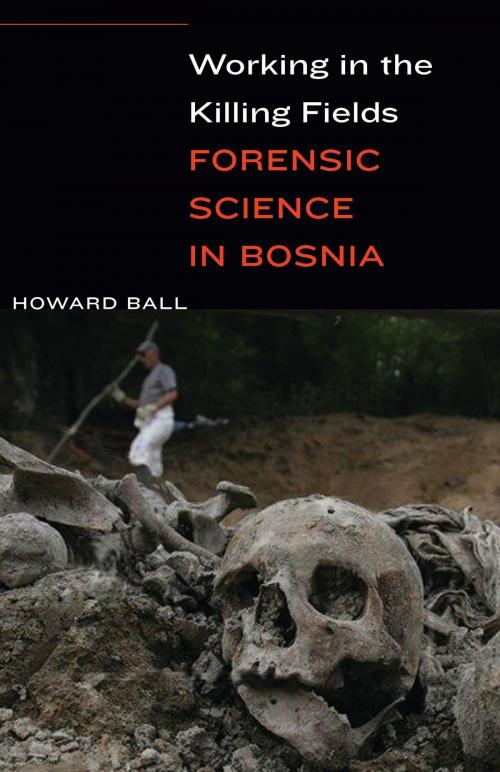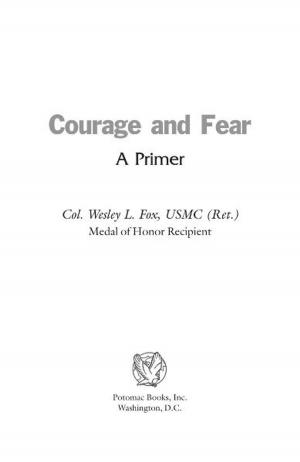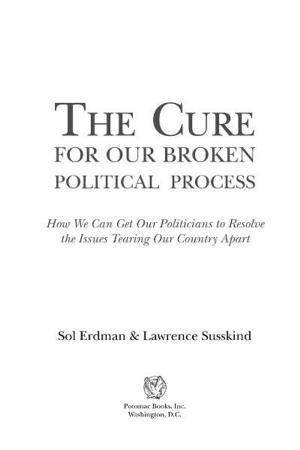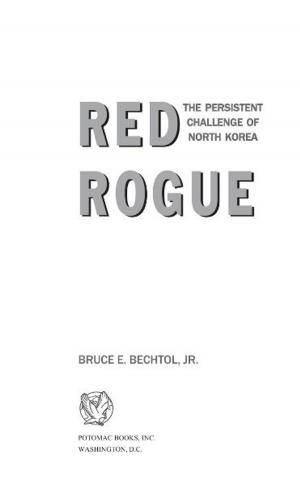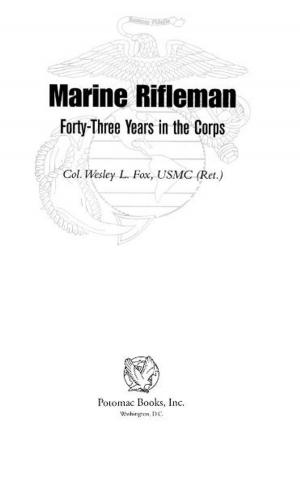Working in the Killing Fields
Forensic Science in Bosnia
Nonfiction, Health & Well Being, Medical, Specialties, Forensic Medicine, History, Eastern Europe, Military, Other| Author: | Howard Ball | ISBN: | 9781612347356 |
| Publisher: | Potomac Books | Publication: | April 15, 2015 |
| Imprint: | Potomac Books | Language: | English |
| Author: | Howard Ball |
| ISBN: | 9781612347356 |
| Publisher: | Potomac Books |
| Publication: | April 15, 2015 |
| Imprint: | Potomac Books |
| Language: | English |
While the specifics of individual wars vary, they share a common epilogue: the task of finding and identifying the “disappeared.” The Bosnian war of the early 1990s, which destroyed the sovereign state of Yugoslavia, is no exception. In Working in the Killing Fields, Howard Ball focuses on recent developments in the technology of forensic science and on the work of forensic professionals in Bosnia following that conflict. Ball balances the examination of complex features of new forensic technology with insights into the lives of the men and women from around the globe who are tasked with finding and excavating bodies and conducting pathological examinations. Having found the disappeared, however, these same pathologists must then also explain the cause of death to international-court criminal prosecutors and surviving families of the victims. Ball considers the physical dangers these professionals regularly confront while performing their site excavations, as well as the emotional pain, including post-traumatic stress disorder, they contend with while in Bosnia and after they leave the killing fields.
Working in the Killing Fields integrates discussion of cutting-edge forensic technology into a wider view of what these searches mean, the damage they do to people, and the healing and good they bring to those in search of answers. Even though the Balkan wars took place two decades ago, the fields where so many men, women, and children died still have gruesome and disturbing stories to tell. Ball puts the spotlight on the forensic professionals tasked with telling that story and on what their work means to them as individuals and to the wider world’s understanding of genocide and war.
While the specifics of individual wars vary, they share a common epilogue: the task of finding and identifying the “disappeared.” The Bosnian war of the early 1990s, which destroyed the sovereign state of Yugoslavia, is no exception. In Working in the Killing Fields, Howard Ball focuses on recent developments in the technology of forensic science and on the work of forensic professionals in Bosnia following that conflict. Ball balances the examination of complex features of new forensic technology with insights into the lives of the men and women from around the globe who are tasked with finding and excavating bodies and conducting pathological examinations. Having found the disappeared, however, these same pathologists must then also explain the cause of death to international-court criminal prosecutors and surviving families of the victims. Ball considers the physical dangers these professionals regularly confront while performing their site excavations, as well as the emotional pain, including post-traumatic stress disorder, they contend with while in Bosnia and after they leave the killing fields.
Working in the Killing Fields integrates discussion of cutting-edge forensic technology into a wider view of what these searches mean, the damage they do to people, and the healing and good they bring to those in search of answers. Even though the Balkan wars took place two decades ago, the fields where so many men, women, and children died still have gruesome and disturbing stories to tell. Ball puts the spotlight on the forensic professionals tasked with telling that story and on what their work means to them as individuals and to the wider world’s understanding of genocide and war.
